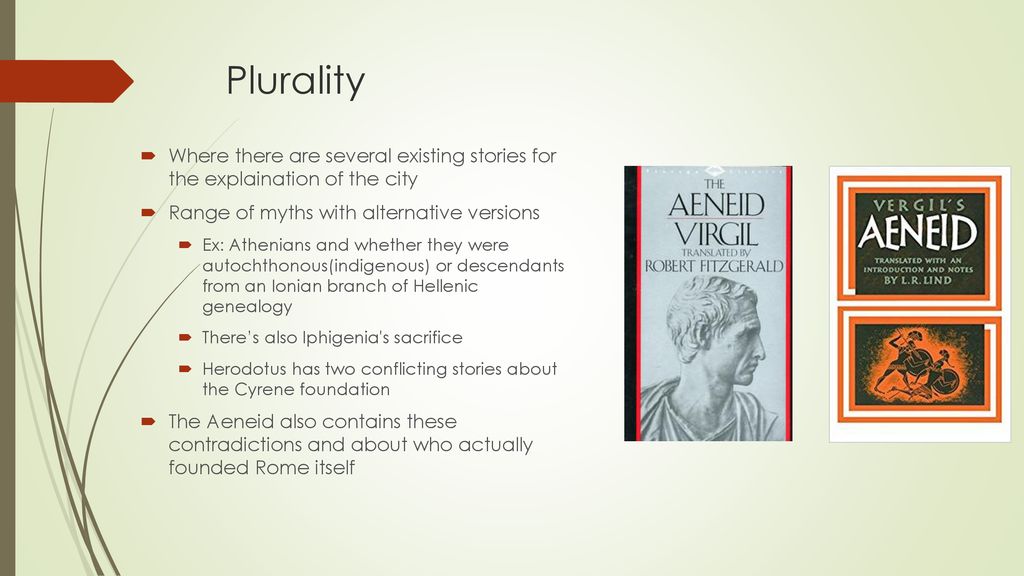
Robert Lowell often used the model of the Roman Empire for its many cautionary tales about warfare, ego, and general human folly. In “Secondary Epic,” he reproaches, with “No, Virgil, no,” the imperial optimism of the Aeneid and conflates Caesar Augustus, the terrible “blond” conqueror who commissioned the poem from Virgil, with Nazis.

Whose logic brought them, somewhere else, to grief.Īuden, here as elsewhere, seeks to “correct” the ancients, as if they were naifs and optimists-an attitude too simple for him to have truly held, but that served its rhetorical purpose for the disappointed rage with which he chronicled contemporary horrors. No blade of grass, no sign of neighborhood, But instead of depicting scenes of a cosmological order and prosperity in time of peace, here Auden shows instead desolate landscapes of the twentieth century ravaged by war:Ī plain without a feature, bare and brown, Notably, Auden’s “The Shield of Achilles” reimagines the scene from the Iliad in which Hephaestos forges the images on the shield. Auden, while quite different in many ways, did have in common a classical education and a need to spar with and reinterpret, rather than translate, their ancestors. In the twentieth century, the notable poets who devoted themselves to the task of translation were Rolfe Humphries (whose Metamorphoses remains my favorite) and Robert Fitzgerald, whose Aeneid (as his translations of Homer’s epics do) offers a fluid blank verse beauty somewhat absent in the more straightforward, unmetered version by Robert Fagles. My point is that I am no scholar, and like the vast majority of readers I gratefully apprehend the likes of Virgil and Ovid through their English translators. He seemed to regard my poor performance as no better than could be expected, and passed me on with a sigh. My own Latin education, which came too late to stick, required me to construe some lines from the Aeneid before a frowning, and then sarcastic, doorkeeper to a graduate program in literature. This kind of translation almost needs a new name, to distinguish it from all the other worthy efforts to bring the ancient poets to life: it is an iteration, another version, but also-perhaps, almost-the thing itself.įor centuries, schoolboys and girls “construed” Virgil into English. Especially when reading the Eclogues, one hears a new-old voice, as if Virgil had miraculously learned English and decided it might do as well as Latin.

Virgil detail from Raphael’s The Parnassus, circa 1511įerry’s previous outings with Virgil, in his matchless Eclogues and Georgics, had already convinced me that he has some sort of uncanny connection to the great poet. But it is what Ferry accomplishes-his delighted attention to the movement of the doves, teasing the reader forward, and again forward, along with Aeneas and his confidence, as a poet, in this instance to take an even more expansive liberty while keeping the diction pure and plain-that makes this new translation such a marvel throughout. With all translations of the Aeneid into English, extra words are needed to convey the meaning of the more condensed Latin this passage in Virgil’s text takes only four lines. So that they can be seen by him who follows…. Then flying a little again, feeding and flying, Then flying a little way, and alighting again, What signs he might be given by how they went,Īlighting to feed a little, then flying a little,Īlighting a little again to feed on the grass,

He stood there where he was and watched to see In David Ferry’s new translation, the moment unfolds as follows: One of the most magical passages in the Aeneid occurs when the hero, in search of the golden bough that will allow him entrance to the Underworld, is shown the way by two doves, emblems of his mother, Venus.


 0 kommentar(er)
0 kommentar(er)
